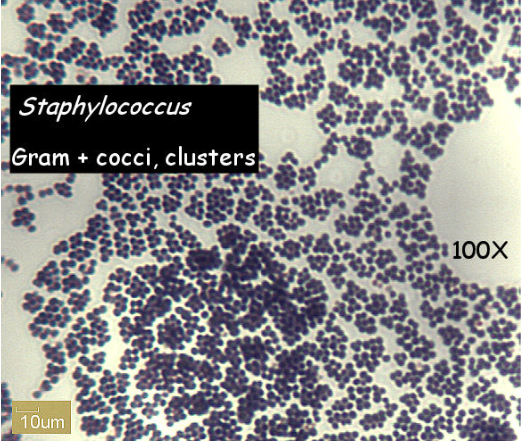Fetal macrosomia is a fetus larger than 9 to 10 pounds. Findings in a new study suggest that if you or your partner were larger than average babies at birth, you are likely to have a ‘big baby’. Based on the parents that were studied, even if only one parent was a large baby the chances of having a big baby were more than double if only the father had been born larger than average. In addition, compared to both parents being macrosomia the chances of having a larger baby was more than three times if only the mother had been larger.
Not only does studies related to this topic help excited partners when planning for their child, but knowing this type of information can serve as a preventative measure. Sometimes, when babies are born larger than average there can be complications. However, knowing this chance is hereditary in your family can provide prenatal care and interventions to make sure there is a safe pregnancy and successful birth of the newborn.


